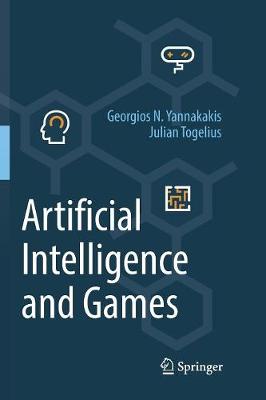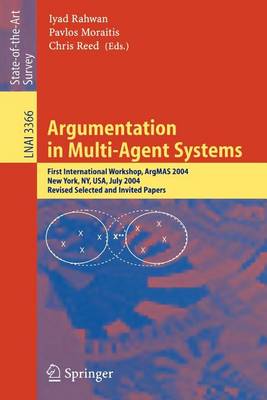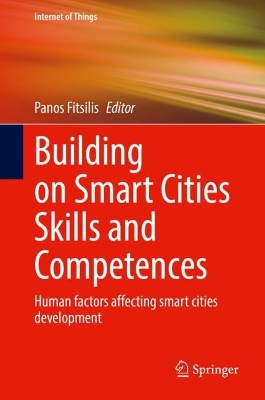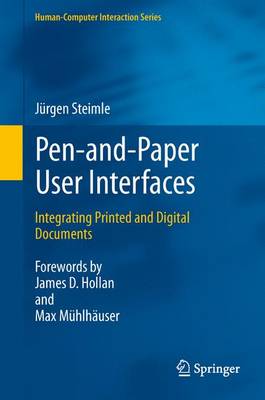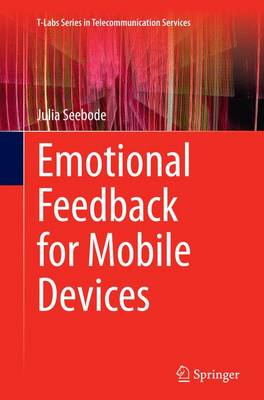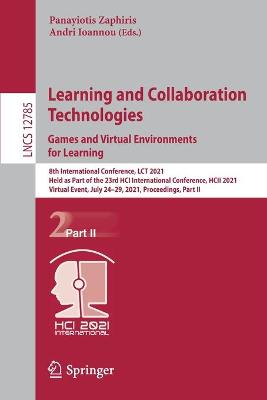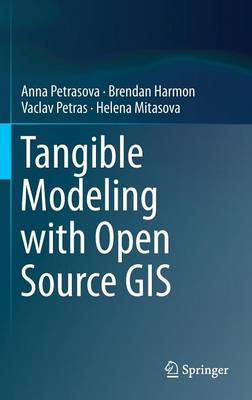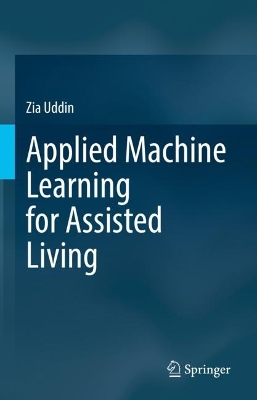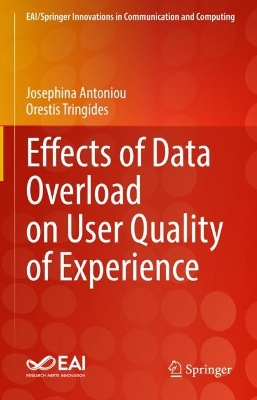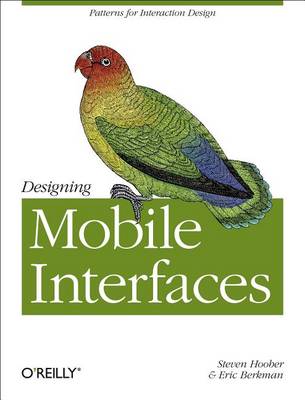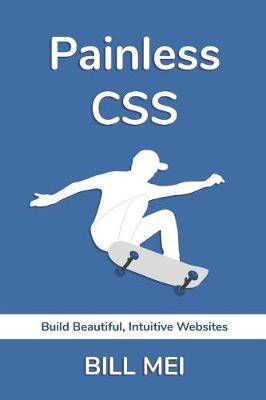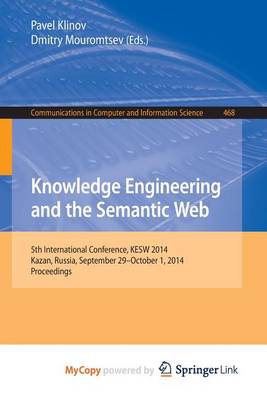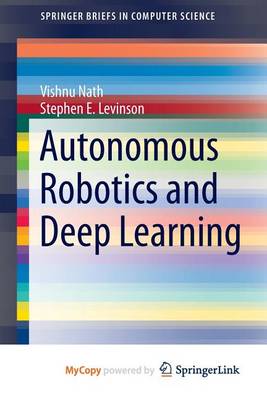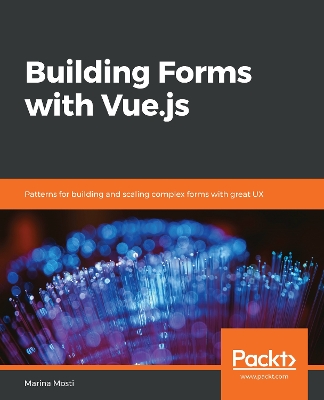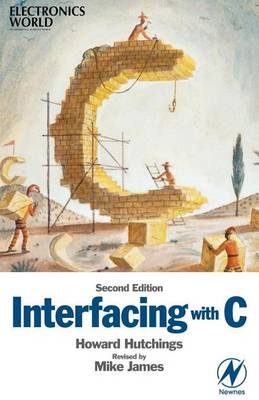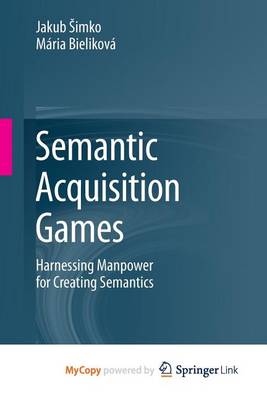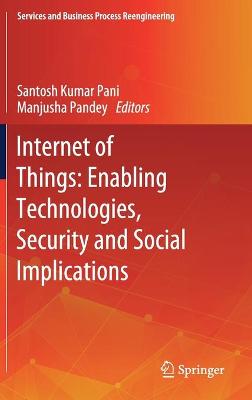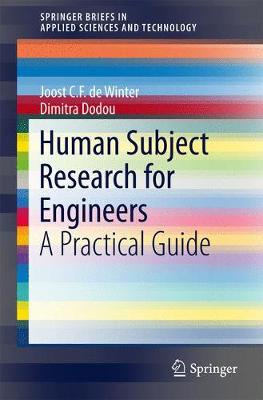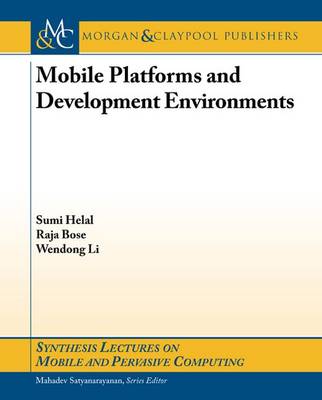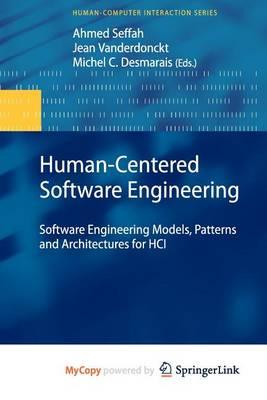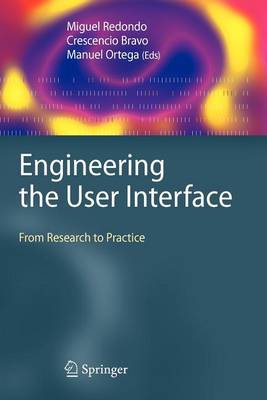Artificial Intelligence and Games
by Georgios N. Yannakakis and Julian Togelius
This is the first textbook dedicated to explaining how artificial intelligence (AI) techniques can be used in and for games. After introductory chapters that explain the background and key techniques in AI and games, the authors explain how to use AI to play games, to generate content for games and to model players. The book will be suitable for undergraduate and graduate courses in games, artificial intelligence, design, human-computer interaction, and computational intelligence, and also for...
Argumentation in Multi-Agent Systems (Lecture Notes in Computer Science, #6614) (Lecture Notes in Artificial Intelligence, #5384)
The theory of argumentation is a rich, interdisciplinary area of research lying across philosophy, communication studies, linguistics, and psychology (at least). Its techniques and results have found a wide range of applications in both t- oretical and practical branches of arti?cial intelligence and computer science. Several theories of argumentation with various semantics have been proposed in the literature. Multi-agent systems theory has picked up argument-inspired approaches and speci?cally...
Building on Smart Cities Skills and Competences (Internet of Things)
This book provides insights on skills required to achieve success in smart cities from a variety of industry and human factors perspectives. It emphasizes the balance between learning skills, technical skills, and domain-specific skills in these industries, with special emphasis given to innovative software development models. The authors note that digital transformation requires complementary measures that are not overtly aimed to support infrastructure investment but are instead directed at pr...
Pen-and-Paper User Interfaces (Human-Computer Interaction)
by Jurgen Steimle
Even at the beginning of the 21st century, we are far from becoming paperless. Pen and paper is still the only truly ubiquitous information processing technology. Pen-and-paper user interfaces bridge the gap between paper and the digital world. Rather than replacing paper with electronic media, they seamlessly integrate both worlds in a hybrid user interface. Classical paper documents become interactive. This opens up a huge field of novel computer applications at our workplaces and in our homes...
Emotional Feedback for Mobile Devices (T-Labs Series in Telecommunication Services)
by Julia Seebode
This book investigates the functional adequacy as well as the affective impression made by feedback messages on mobile devices. It presents an easily adoptable experimental setup to examine context effects on various feedback messages and applies it to auditory, tactile and auditory-tactile feedback messages. This approach provides insights into the relationship between the affective impression and functional applicability of these messages as well as an understanding of the influence of unimoda...
This two-volume set LNCS 12784 and 12785 constitutes the refereed proceedings of the 8th International Conference on Learning and Collaboration Technologies, LCT 2021, held as Part of the 23rd International Conference, HCI International 2021, which took place in July 2021. Due to COVID-19 pandemic the conference was held virtually. The total of 1276 papers and 241 posters included in the 39 HCII 2021 proceedings volumes was carefully reviewed and selected from 5222 submissions. The papers of LCT...
Tangible Modeling with Open Source GIS
by Anna Petrasova, Brendan Harmon, Vaclav Petras, and Helena Mitasova
This book presents a new type of modeling environment where users interact with geospatial simulations using 3D physical models of studied landscapes. Multiple users can alter the physical model by hand during scanning, thereby providing input for simulation of geophysical processes in this setting. The authors have developed innovative techniques and software that couple this hardware with open source GRASS GIS, making the system instantly applicable to a wide range of modeling and design prob...
Access the power of bare-metal systems programming with Scala Native, an ahead-of-time Scala compiler. Without the baggage of legacy frameworks and virtual machines, Scala Native lets you re-imagine how your programs interact with your operating system. Compile Scala code down to native machine instructions; seamlessly invoke operating system APIs for low-level networking and IO; control pointers, arrays, and other memory management techniques for extreme performance; and enjoy instant start-up...
User care at home is a matter of great concern since unforeseen circumstances might occur that affect people's well-being. Technologies that assist people in independent living are essential for enhancing care in a cost-effective and reliable manner. Assisted care applications often demand real-time observation of the environment and the resident’s activities using an event-driven system. As an emerging area of research and development, it is necessary to explore the approaches of the user care...
This book introduces a unique perspective on the use of data from popular emerging technologies and the effect on user quality of experience (QoE). The term data is first refined into specific types of data such as financial data, personal data, public data, context data, generated data, and the popular big data. The book focuses the responsible use of data, with consideration to ethics and wellbeing, in each setting. The specific nuances of different technologies bring forth interesting case st...
With hundreds of thousands of mobile apps available today, your app needs to capture a user's interest within minutes - and sometimes even sooner. This practical guide teaches you the core principles for designing effective mobile user interfaces, and helps you get started by providing more than 40 proven UI patterns for mobile websites and applications. You'll find patterns for using gesture and sound, patterns that apply to touch and scroll-and-select devices, and some patterns that have diffe...
Knowledge Engineering and the Semantic Web (Communications in Computer and Information Science, #468)
This book constitutes the refereed proceedings of the 4th Conference on Knowledge Engineering and the Semantic Web, KESW 2013, held in St. Petersburg, Russia, in October 2013. The 18 revised full papers presented together with 7 short system descriptions were carefully reviewed and selected from 52 submissions. The papers address research issues related to knowledge representation, semantic web, and linked data.
Autonomous Robotics and Deep Learning (SpringerBriefs in Computer Science)
by Vishnu Nath and Stephen E Levinson
This Springer Brief examines the combination of computer vision techniques and machine learning algorithms necessary for humanoid robots to develop "true consciousness." It illustrates the critical first step towards reaching "deep learning," long considered the holy grail for machine learning scientists worldwide. Using the example of the iCub, a humanoid robot which learns to solve 3D mazes, the book explores the challenges to create a robot that can perceive its own surroundings. Rather than...
Learn how to build dynamic schema-driven forms with Vue from scratchKey FeaturesUnderstand the basics of form component compositionScale and integrate your forms with libraries such as Vuex and VuelidateConvert any form into a self-generated schema-driven appBook DescriptionAlmost every web application and site out there handles user input in one way or another, from registration forms and log-in handling to registration and landing pages. Building Forms with Vue.js follows a step-by-step approa...
This book is about interfacing personal computers using C. Readers will also find this a practical introduction to real-time programming with a generous collection of tried and tested programs. The principles precede the applications in most cases in an attempt to provide genuine understanding and encourage further development.
Many applications depend on the effective acquisition of semantic metadata, and this state-of-the-art volume provides extensive coverage of the field of semantics acquisition games (SAGs). SAGs are a part of the crowdsourcing approach family and the authors analyze their role as tools for acquisition of resource metadata and domain models. Three case studies of SAG-based semantics acquisition methods are shown, along with other existing SAGs: 1. the Little Search Game - a search query formulatio...
This edited book presents point of view and the work being undertaken by active researchers in the domain of IOT and its applications with societal impact. The book is useful to other researchers for the understanding of the research domain and different points of views expressed by the experts in their contributed chapters. The contributions are from both industry and academia; hence, it provides a rich source of both theoretical and practical work going on in the research domain of IOT.
Readings in Human-Computer Interaction (Interactive Technologies)
by Ronald M Baecker, Jonathan Grudin, William Buxton, and Saul Greenberg
The effectiveness of the user-computer interface has become increasingly important as computer systems have become useful tools for persons not trained in computer science. In fact, the interface is often the most important factor in the success or failure of any computer system. Dealing with the numerous subtly interrelated issues and technical, behavioral, and aesthetic considerations consumes a large and increasing share of development time and a corresponding percentage of the total code for...
Human Subject Research for Engineers (SpringerBriefs in Applied Sciences and Technology)
by Joost C.F. de Winter and Dimitra Dodou
This Brief introduces engineers to the main principles in ethics, research design, statistics, and publishing of human subject research. In recent years, engineering has become strongly connected to disciplines such as biology, medicine, and psychology. Often, engineers (and engineering students) are expected to perform human subject research. Typical human subject research topics conducted by engineers include human-computer interaction (e.g., evaluating the usability of software), exoskeletons...
Mobile Platforms and Development Environments (Synthesis Lectures on Mobile & Pervasive Computing)
by Sumi Helal, Raja Bose, and Wendong Li
Mobile platform development has lately become a technological war zone with extremely dynamic and fluid movement, especially in the smart phone and tablet market space. This Synthesis lecture is a guide to the latest developments of the key mobile platforms that are shaping the mobile platform industry. The book covers the three currently dominant native platforms -- iOS, Android and Windows Phone -- along with the device-agnostic HTML5 mobile web platform. The lecture also covers location-based...
Critical Infrastructures at Risk (Topics in Safety, Risk, Reliability and Quality, #9)
by A.V. Gheorghe, M. Masera, M. Weijnen, and L.J. De Vries
Europe witnessed in the last years a number of significant power contingencies. Some of them revealed the potentiality of vast impact on the welfare of society and triggered pressing questions on the reliability of electric power systems. Society has incorporated electricity as an inherent component, indispensable for achieving the expected level of quality of life. Therefore, any impingement on the continuity of the electricity service would be able to distress society as a whole, affecting ind...
Activity theory is a way of describing and characterizing the structure of human - tivity of all kinds. First introduced by Russian psychologists Rubinshtein, Leontiev, and Vigotsky in the early part of the last century, activity theory has more recently gained increasing attention among interaction designers and others in the hum- computer interaction and usability communities (see, for example, Gay and H- brooke, 2004). Interest was given a signi?cant boost when Donald Norman suggested activit...
Digital Divide (DD) is a term that defines the division between people, commu- ties, states, countries, etc. with respect to the access to the new Information and Communication Technologies (ICTs). Nowadays, it is essential to have tech- logical skills to work in a variety of jobs (i. e. administration, education, etc. ). Moreover, ICTs have become ubiquitous and they affect almost every aspect of our daily life. The way in which people face the task of using ICTs varies depending on a plethora...
